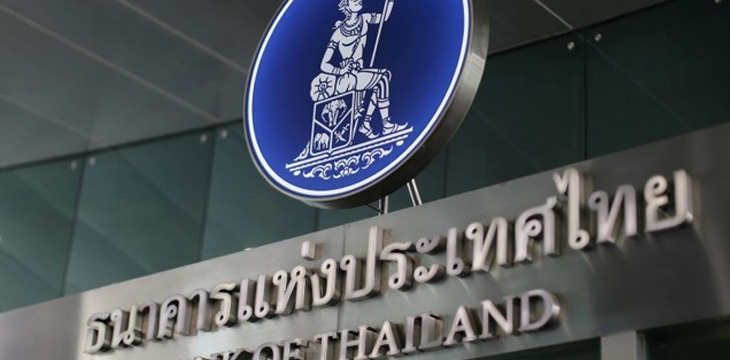
|
Getting your Trinity Audio player ready... |
…provided they abide by the newly released policy of creating a subsidiary first.
Thailand’s central bank, the Bank of Thailand (BOT) has released a circular outlining their policies on cryptocurrency activities. The circular effectively cancels out their previous rule banning banks and financial institutions from engaging in such activities, provided they abide by the newly released policies.
According to the Blognone, the BOT says that banks can now open subsidiaries for cryptocurrencies through which they can invest in and issue tokens, launch ICOs, offer crypto brokerage services, and run crypto-related businesses.
The BOT will be the governing authority that can approve any subsidiaries, but they expect the financial institutions launching them to oversee operations as well as risks, particularly with security, consumer protection, anti-money laundering (AML), and combating the financing of terrorism (CFT).
And while these subsidiaries have more freedom to operate, the financial institutions behind them have stricter policies to observe. They cannot engage in any of these businesses directly, which means that the banks themselves cannot offer crypto-related activities to their customers and the public, and must do so through their subsidiary—which must be registered with the Thai Securities and Exchange Commission (SEC). They are also not allowed to invest in and issue digital assets themselves.
The only work-around is if the institution is willing to join the regulatory sandbox, where they will be allowed to test solutions “to enhance or enhance the quality of financial services to customers.” The fintech sandbox was launched by the BOT in 2016 to both assist and promote startups as well as established companies in dabbling in the crypto space while remaining under the supervision of the central bank.
As of November last year, five financial institutions have made it out of the BOT’s sandbox and have been permitted to use QR code payment services to the public: Kasikorn Bank, Siam Commercial Bank, Krungthai Bank, Bangkok Bank, and Government Saving Bank.
The country has been slowly picking up pace in the blockchain race, despite falling behind their more pro-active neighbours. In June, the BOT also announced that they were considering issuing their own central bank-issued digital currency (CBDC), teaming up with other Thai banks to develop it.
Recommended for you
Lorem ipsum odor amet, consectetuer adipiscing elit. Elit torquent maximus natoque viverra cursus maximus felis. Auctor commodo aliquet himenaeos fermentum
Lorem ipsum odor amet, consectetuer adipiscing elit. Accumsan mi at at semper libero pretium justo. Dictum parturient conubia turpis interdum

 11-22-2024
11-22-2024


